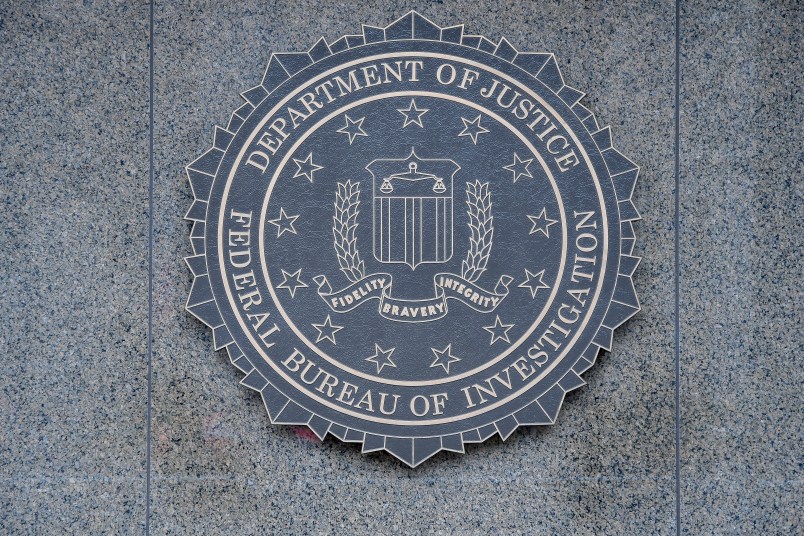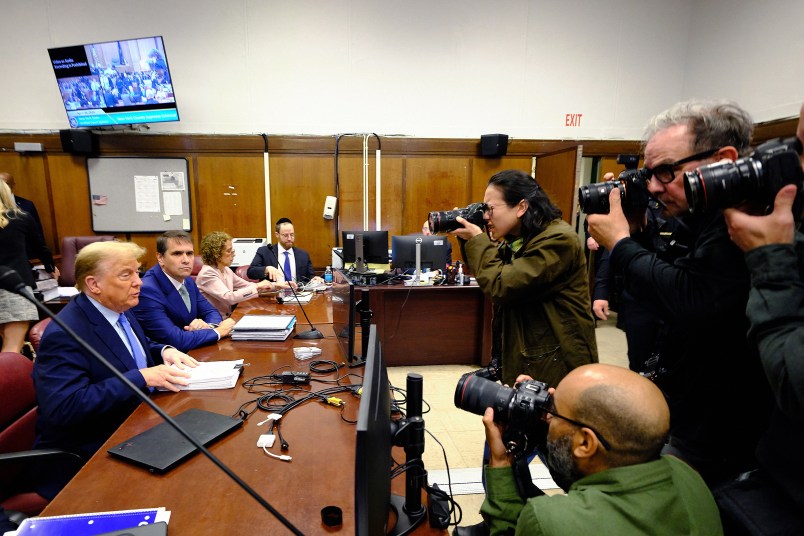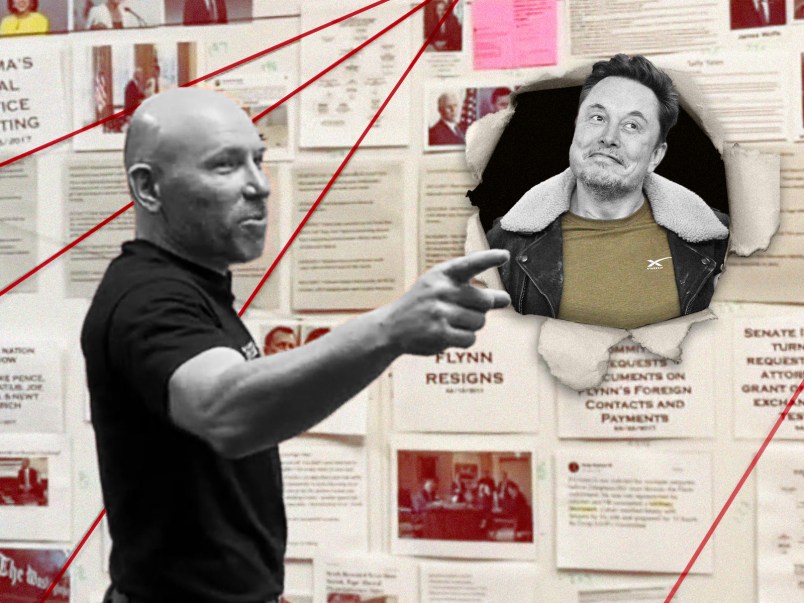WASHINGTON (AP) — Women are underrepresented in the ranks of criminal investigators and leadership roles at four of the nation’s top federal law enforcement agencies. And those agencies have only taken “limited actions” to recruit more women for those positions.
That’s according to a new report by the Justice Department’s inspector general examining the workforce at the FBI, Drug Enforcement Administration, Bureau of Alcohol, Tobacco, Firearms and Explosives and the U.S. Marshals Service.
Women made up only 16 percent of criminal investigators at the agencies and the numbers were also low in terms of leadership positions, the report found, citing figures from 2016, the latest year covered by the six-year review.
The inspector general found that “there were few women leading field offices, field divisions, or districts and even fewer women in headquarters executive positions leading operational units.” During one year, the report noted, the ATF had no women in a leadership position at its headquarters.
Overall, the report found that while men mostly felt that the workplace treated people of both genders equally, most women did not.
In announcing the report, Justice Department inspector general Michael Horowitz said the lack of women in leadership and criminal investigative positions at the FBI, DEA and ATF had contributed to a perception of a “glass ceiling” at the agencies.
In a survey of more than 8,000 employees, 22 percent of women and 43 percent of female criminal investigators at the agencies reported some form of gender discrimination in the past five years, a finding the inspector general called “concerning.” The report also found it was likely that discrimination was underreported because of a fear of retaliation or being seen as “complainers” or “troublemakers.”
In response to the report, all four agencies said they agreed with the report’s findings and were taking steps to address the concerns including through changing their recruitment, promotion and discrimination reporting practices.
The inspector general review — which in addition to the survey included 133 individual interviews and focus group discussions with 228 others — was prompted by complaints expressing concerns about gender discrimination and harassment at the agencies.
Regarding sexual harassment, the report found that while it “was not perceived to be prevalent, when it did occur, the situation and surrounding events could have widespread negative effects on staff and the agency.”
One woman reported to the inspector general’s investigators that she had been sexually harassed by a supervisor and was retaliated against for reporting it. Another woman reported that she had been groped by the same supervisor.
The report said that a criminal investigator who conducted an internal investigation into the allegations didn’t believe the leadership was taking it seriously. And another employee reported that the lack of action in the case had “undermined the staff’s confidence that the agency would address harassment.”
The report does not name the supervisor, the agency involved or the year in which it occurred.









